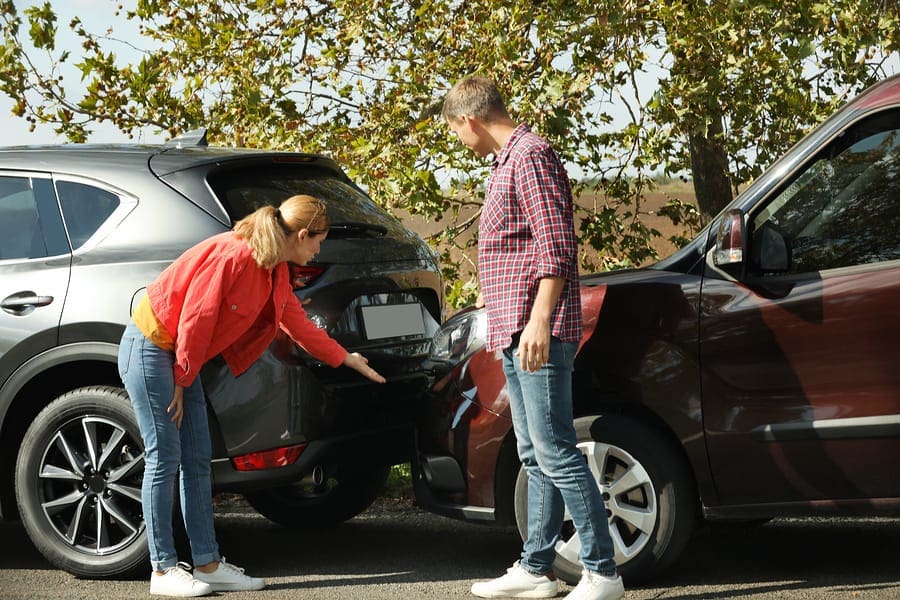Rear-end collisions are a common type of auto accident. Being compensated for getting rear ended in a car accident is like other types of accidents in that you must prove that the other driver was to blame. Unless you were backing up or stalled in the road at the time of the accident, proving the other driver is at fault in a rear-end accident can be easier than with other types of car accidents.
Also, you must show the extent of your damages, such as injuries, lost income, pain and suffering and property damages. How long will this take?
A personal injury claim from a rear-end crash may be resolved at any time between when the accident happened and the moment the jury renders a verdict. But resolution of the claim is most likely in certain parts of the claim process.
Settle Your Rear-End Accident Case
Most rear end crashes are resolved and compensated without a lawsuit ever filed as part of a car accident settlement. This occurs during early settlement negotiations. If this happens, it generally means the following:
- Accident injuries are minor and probably will not get worse over time
- You did not have any pre-existing injuries that the accident made worse
- The driver who hit you was purely at fault
- The at fault driver had insurance at the time of the crash
This is a clear liability case, but for compensation, it needs to be proven with evidence of liability and damages:
- Statements from eyewitnesses
- Photos of the crash scene, damage to cars, and injuries
- Medical reports
- Medical bills
- Estimates and receipts for car repairs
- Proof of lost income from work
In such cases, there is little to argue about in court. That will become clear in the first month or two, which is when a settlement is most likely. This means the insurance company who represents the liable driver will write a settlement check to you.
Case Resolution During Discovery and Motions
After the personal injury lawsuit is filed, which is during the discovery period, both parties need to stick to strict timelines to collect information that may be used during the trial, such as documents, sworn testimony and witness depositions, as well as written questions and answers between parties to the suit. During this phase, any disputed facts get clarified, in terms of how the crash happened, extent of injuries and property damage.
If it runs out that when you were rear ended, you had changed lanes suddenly and hit the brakes before you were hit, you may share blame for the accident. This would reduce your compensation for being rear ended.
Mediation
After the discovery process is done, most courts will order both sides to go to mediation. This encourages them to reach a conclusion with a third party mediator without actually going to court. The mediator will help each sides to understand what the outcome will probably be if it goes to trial. In a rear end crash case, the mediator can help you to see how likely you will win compensation in a trial.
Trial
Only 3% of personal injury cases go to trial. It is a last resort, and it can take years to resolve. For people who want the best chance at compensation for being rear ended, an early settlement may be the best option.


